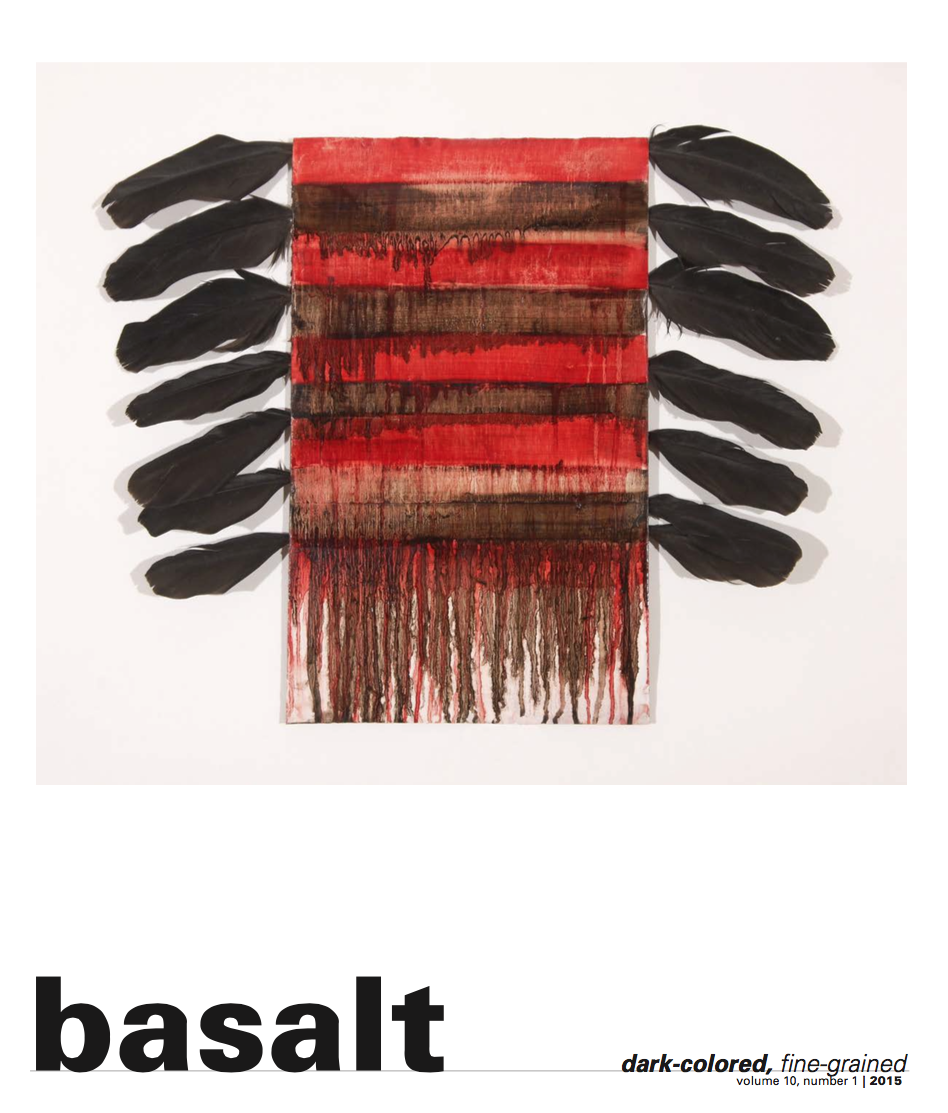“This Is a Junior”: On Meeting Roethke
by William Pitt Root
In spring term 1963 at UW, I attended Theodore Roethke’s class in an overcrowded room in Parrington Hall. I’d heard that on his way to his classes he greatly resembled a wounded elephant. To me he seemed more like a large, beardless, out of work Santa Claus (pink cheeks, white hair, paunch) swathed in an expensively tailored suit he appeared to have slept in.
“Anyone in here not a senior, raise your hand.” Slowly I did so. “Out,” he commanded, “out of this room—what are those idiots over at registration trying to do anyway, kill me!” As I headed for the door a friend who’d taken other courses from Roethke called out, “Professor, please let him stay, he’s a poet!” Roethke turned to look me up and down, theatrically ambivalent at first, then said, “You may stay. But only for this one day….Please see me after class.”
I sat back down. He paused then he launched into talking about poets and poetry and it was like watching a drunk down shot after shot, each name further intoxicating his passions. It was amazing. On the one hand he exaggerated like a stage performer and on the other he was sincerely engaged. The more he spoke the more agitated he became, moved equally by indignation or admiration.
Of his near contemporary, Richard Wilbur, he declared no man that handsome could be taken seriously, no one that accomplished at tennis could possibly be as good at poetry, and that it was quite unforgivable how effortlessly his charm drew young Ivy League women around him in such swarms. He managed to mock Wilbur and himself at the same time. Then he changed his mood and tone utterly to discuss Sylvia Plath, who only two or three months before had killed herself. He spoke with awe about her “self-lacerative” poetry, her utterly self-destructive, fearlessly obsessive passion. He allowed as how she had declared him one of her influences. He admired her greatly.
As he spoke the students jotted the names of every poet mentioned, as he had instructed them. My friend and champion there, Bob Mony, said after one lecture he counted over 200 names Roethke had dropped in a single hour. When class ended and the room emptied out, Roethke, smiling, draped an arm around my shoulder and asked me to walk with him down to the English Department office. (Robert Heilman was chair. Later I learned he’d saved Roethke’s job repeatedly, putting up with outrageous behavior, periodically losing him for weeks, even months, to asylums.)
As he waltzed me through the door he asked the secretary “Is Bob in?” and before she could respond we’d gone through a second door where Heilman sat, feet propped on a window sill, smoking his pipe, back to us. As Heilman swung around, Roethke’s hand dropped to my collar and he hoisted me up, proclaiming “This is a Junior” before he launched into a rant about the Registrar’s office, how careless they were, how hard he worked. Heilman let him vent and then he assured Roethke it wouldn’t happen again. Roethke shook his head in acceptance then piped up with “So, Bob, did you see my new poem in The New Yorker? That must be worth a raise, don’t you think?”
As we reentered the hall heading out of the building, his mood had become ebullient. He put his arm round my shoulder again, briefly, just long enough to declare, “Well, old shoe, see you next term then?” I nodded, still in a bit of a daze over what had just transpired. I stayed at the entrance to Parrington and watched him heading down the sidewalk between the rows of freshly leafing trees. There was a note of victory evident in his step. He was pleased with the world, with himself.
A few months later, August 1, he died while swimming in a private pool. Soon after The Far Field was published. In it he wrote repeatedly of death by water. And he managed to make such a death sound more like a celebration than a demise. I read every word in that book as though rapt in a spell. That a man as tormented as he had sometimes been in the flesh could achieve such clarity and joy and serenity of spirit, on the page, was, to me, astonishing. And encouraging. An on-going miracle.
